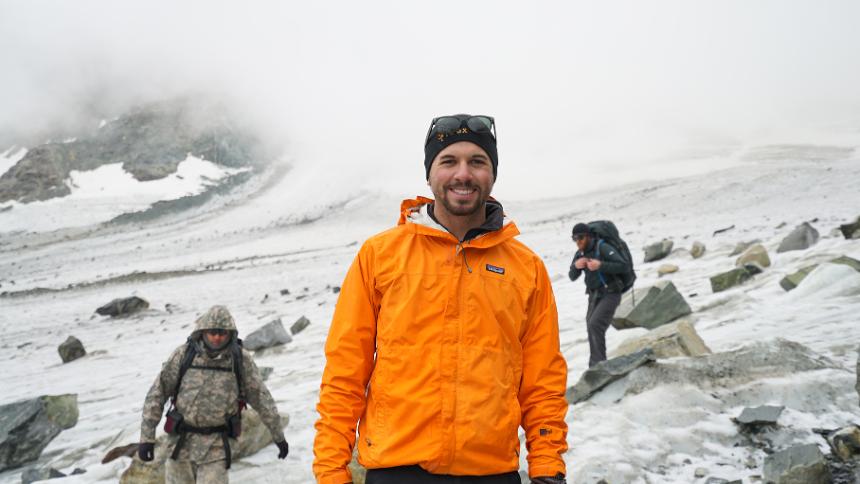The certificate II in Geospatial Information Science and Technology (GIST) provides an introductory foundation in the academic and technical skills required for the collection, analysis and manipulation of geospatial data. Geospatial data is information that identifies the geographic location and characteristics of natural or constructed features and boundaries on the earth. GIST refers to study of the supporting science, hardware, software, and data acquisition skills required to collect and synthesize geospatial data. A geographic information system (GIS) is one form of geospatial technology; global positioning systems (GPS) and remote sensing (RS) are others. This certificate prepares students for employment as technicians in the fields of natural resources, government, public safety, mapping and utility companies, oil and gas, health and human service and consulting firms. Students will leave the program with skills and background to complement virtually any profession that requires introductory level skills in the use and application of geospatial technologies.
Program Requirements
| Course Number |
Course |
Credits |
| GIST 2310 | Intro to Geographic Information Systems | 4 |
| GIST 2410 | Advanced Geographic Information Systems | 4 |
| GIST 1200 | Geospatial Foundations | 4 |
Program Electives
Students must choose a minimum of four (4) credits from the following courses:
| Course Number |
Course |
Credits |
| GIST 2110 | Techniques in Cartography | 4 |
| GIST 2120 | Geographic Information System Databases | 3 |
| GIST 2125 | Geographic Info Systems Database Apps | 1 |
| GIST 2130 | Spatial Analysis | 4 |
| GIST 2135 | Applied GPS for GIS | 3 |
| GIST 2140 | Survey of Remote Sensing Applications | 4 |
| GIST 2190 | Intro to Programming Geospatial Information Science and Technology | 3 |
| GIST 2395 | Capstone Project in Geographic Information Systems | 3 |
| CPED 1000 | Co-Op Work Experience I: | 3 |
Total Credit Hours: 16





